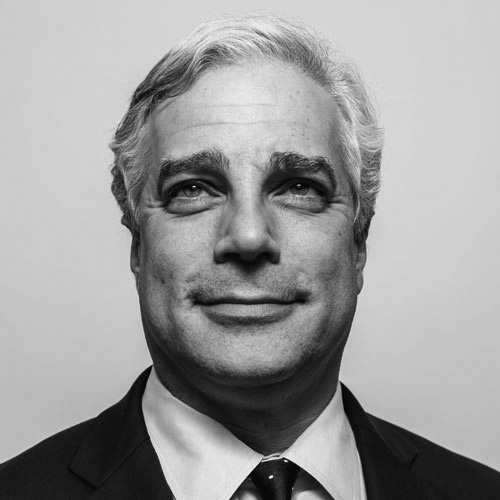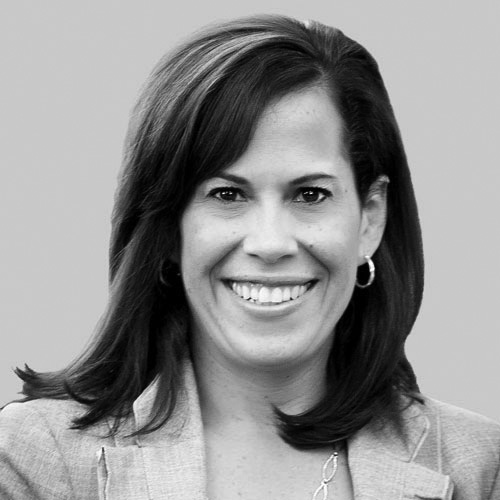With just twenty-one hours left to graduate from Stephen F. Austin State University in Texas, Louis Flory dropped out—and his search for what came next led to the founding of Effex Management Solutions, a contingent workforce staffing firm that provides services to major conglomerates throughout the United States. “It’s one of those things that you’re initially kind of ashamed of, but over time come to be proud of,” Flory says. “Now I just have to explain to my kids someday that Daddy became a millionaire by dropping out of college, but they still have to finish. I guess we’ll see how good of a salesman I am when that time comes.”
The risk
The story goes like this: Flory hated college, so he thought he’d take some time off, and he decided to apply for a job as a server at a local TGI Friday’s. On the way to the interview, he stopped at Supercuts for a haircut, and next door was a temporary staffing company. Flory wandered in and interviewed with the regional vice president who happened to be visiting the branch that day. She offered him a job as a sales representative. For a year and a half, without a single day off, Flory worked 8:30 a.m. to 5 p.m. selling temporary staffing, and 5:30 p.m. to close at TGI Fridays, with double shifts at the restaurant on weekends.
The realization
Flory was able to save some money, but he also learned a lot about the temporary staffing business. “The training was interesting,” he says, laughing about it now. “It was, ‘Here are the yellow pages. Start calling companies and asking them if they need temporary employees.’” Surprisingly, Flory succeeded with that method, and realized that sales was in his blood. Over time, he also came to understand the needs and limitations of the temporary staffing business. “I love to tell people in the temporary staffing business that they’re a commodity,” he says. “You open your office in what you think will be a hot market, as do other staffing companies, and the people who want jobs go to every one of those businesses and take the first jobs that open up. The only difference between you and the guy down the road is who’s willing to do it the cheapest.”
The change
Knowing he had to distinguish himself, early on Flory began selling clients on the idea of transitioning multiple employee seats over to him. That saved the client money and boosted Flory’s income, as his commission structure was set up for someone placing one or two employees at a time, not fifty or sixty. It also got him working closely with clients on a consultative basis. As he learned about their needs, he realized he could house an entire staff at a client’s office, taking over its entire labor-management business. “I’d be responsible for the entire process of hiring, screening, training, and managing an entire labor force,” he says. “I knew I could do it cheaper than my clients were doing it themselves, making a true impact on their bottom line, and I could make myself irreplaceable.”
The business
The problem: Flory was only making a percentage of the money he made for the staffing company that employed him, so in 2001, he founded Effex Management Solutions using the same business model. He gained a few new clients, and as soon as his non-compete agreement expired, all of his clients from his former employer came over to Effex.
It is now the only company in its industry that provides this type of temporary staffing service. Essentially, Effex comes in with a management team, headed by a program manager, who attends every client meeting, from safety to strategic planning, and also supervises recruiters, trainers, and shift managers. Together, they hire and oversee the client’s entire workforce, all employees of Effex.
How much money the client saves with this model depends on the size of its workforce. Flory doesn’t have any clients with fewer than 250 employees—the economies of scale don’t work—and his largest has around 1,000. On average, clients have around 400 employees, and Flory’s model saves them at least $350,000 a year. As for Effex, it currently earns $150 million in revenue, and Flory hopes to be at $200 million by the end of 2015 and $500 million within five years.
That seems like a reasonable goal, given that fifteen years into the business, Flory has never lost a client—not a single one—and he says the reason is his unique perspective. “Effex is the only temporary staffing company you’ve ever heard of that wants to reduce its employees’ billable hours,” he says. “If I can reduce my clients’ labor spend and increase their productivity, my clients will become more competitive and can win more business. And when they win more business, they need more people. And when they need more people, Effex wins.”
The lesson
“If you’re going to start a business, ensure you start one that has a clear competitive advantage over all others in the industry,” Flory says. “When you do that, you can create an identity for the company, and then it becomes easy to distinguish yourself to potential customers as the better choice. Anything less than that, you’re just joining the rat race, and you are going to have limited success.”

